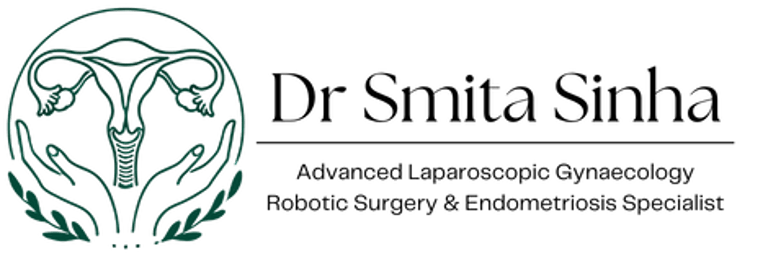PCOS Signs You Shouldn’t Ignore, According to a Gynaecologist
Polycystic Ovary Syndrome (PCOS) affects many women, yet it often goes undiagnosed. Dr. Smita, Consultant Gynaecologist in Kuala Lumpur, outlines key PCOS signs to watch for and explains why early diagnosis is essential. Managing PCOS early can help prevent complications like infertility, diabetes, and mood issues.
6/13/20253 min read
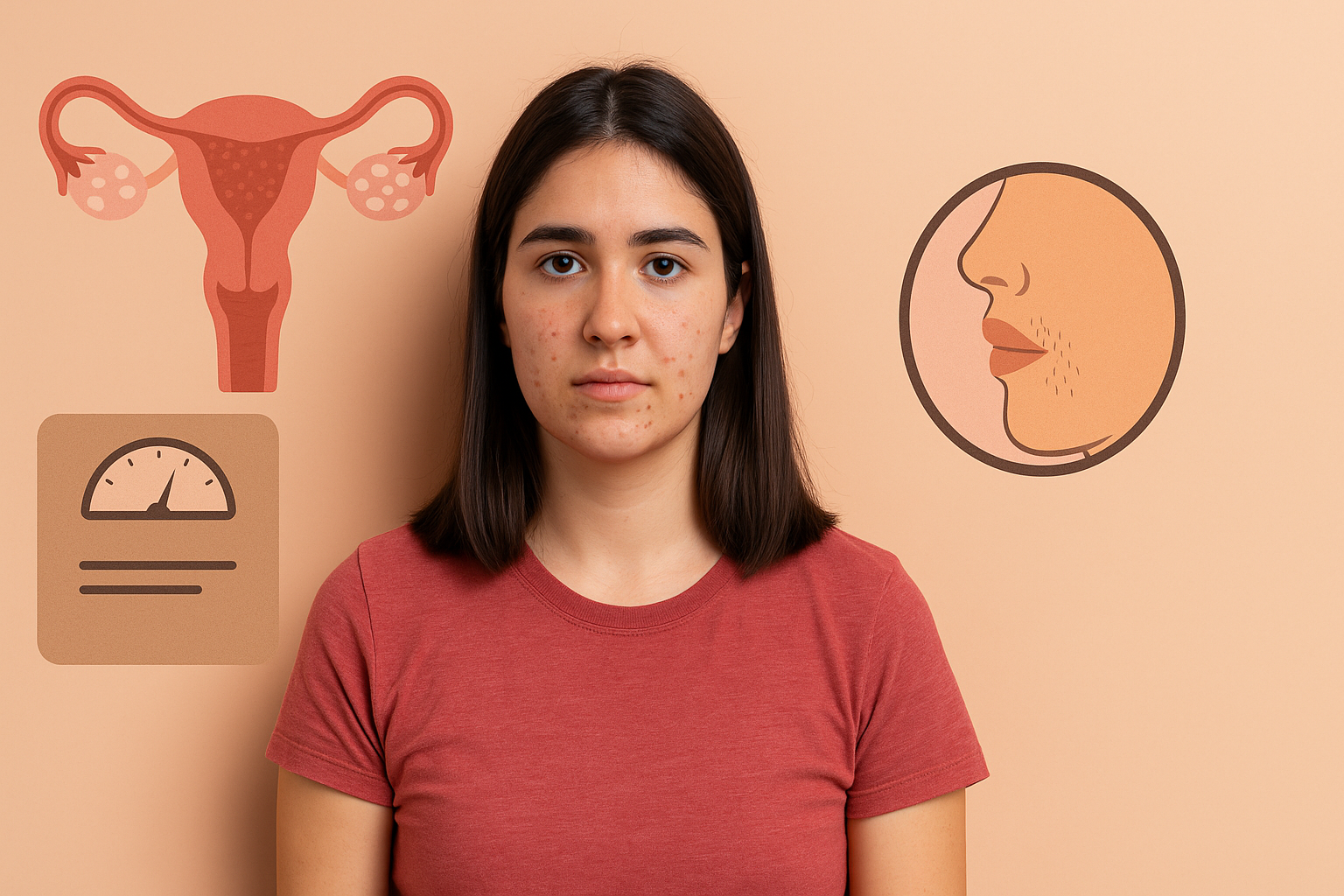

PCOS Signs You Shouldn’t Ignore: What Every Woman Needs to Know
Polycystic Ovary Syndrome (PCOS) is one of the most common hormonal disorders among women of reproductive age. Despite how widespread it is, many women remain unaware of the condition—or dismiss the early symptoms as “normal.”
Recognising PCOS signs early can make a big difference in managing long-term health. In this blogpost, Dr. Smita, a Consultant Gynaecologist and Endometriosis Specialist based in Kuala Lumpur, shares key indicators of PCOS and what steps to take next.
Common PCOS Signs in Women
PCOS affects hormone levels—especially insulin and androgens (male hormones)—which can impact the menstrual cycle, skin, weight, and fertility. The following signs are often the earliest indicators:
1. Irregular or Missed Periods
PCOS commonly causes menstrual cycles to become infrequent or stop altogether. Periods may be more than 35 days apart, very light, or extremely heavy when they do occur.
2. Excess Hair Growth (Hirsutism)
High androgen levels can lead to unwanted hair growth on the face, chest, stomach, or back. This is one of the most visible and emotionally distressing symptoms for many women.
3. Weight Gain or Difficulty Losing Weight
Many women with PCOS struggle with weight, particularly around the abdomen. This is often linked to insulin resistance, which also increases the risk of developing Type 2 diabetes.
⚠️ Left untreated, PCOS can lead to complications such as infertility, metabolic syndrome, Type 2 diabetes, heart disease, and mental health conditions like depression and anxiety.
What to Do If You Notice PCOS Signs
If any of the above symptoms are present, it is advisable to consult a qualified gynaecologist. Dr. Smita emphasises that endometriosis can be effectively managed when diagnosed early.
🩺 Consult a Gynaecologist
A specialist will assess your symptoms, run hormonal blood tests, and perform imaging studies such as a pelvic ultrasound to confirm the diagnosis.
💊 Medical Treatment
Depending on your symptoms and health goals, treatment may include:
Birth control pills to regulate cycles and reduce androgens
Insulin-sensitising medications like metformin
Other hormone-regulating medications, if fertility is a concern
🥗 Lifestyle Changes
Lifestyle plays a major role in managing PCOS, especially when it comes to weight, insulin regulation, and hormone balance. Simple, consistent changes in diet and physical activity can significantly improve symptoms.
A PCOS-friendly diet typically includes:
High-fibre vegetables and whole grains
Lean proteins such as fish, tofu, or skinless poultry
Healthy fats from nuts, seeds, olive oil, and avocado
Low glycaemic index (GI) carbohydrates
Reduced intake of refined sugars and processed foods
Regular physical activity—such as brisk walking, resistance training, or yoga—can also improve insulin sensitivity and support hormonal balance.
✅ Consider consulting a dietitian for a personalised meal plan tailored to your symptoms, body type, and health goals. A dietitian can help you manage PCOS through practical, sustainable dietary strategies that support both weight and hormone regulation.
Take Action Early
PCOS is manageable—but only if diagnosed early. Paying attention to the signs and seeking medical advice is the first step to taking control of your hormonal health.
📞 Need Help?
To speak with a compassionate and experienced specialist, contact Dr. Smita, Consultant Gynaecologist at KPJ Selangor Specialist Hospital, Shah Alam.
💬 WhatsApp us at +60165833302 to book an appointment and get the personalised care you deserve.


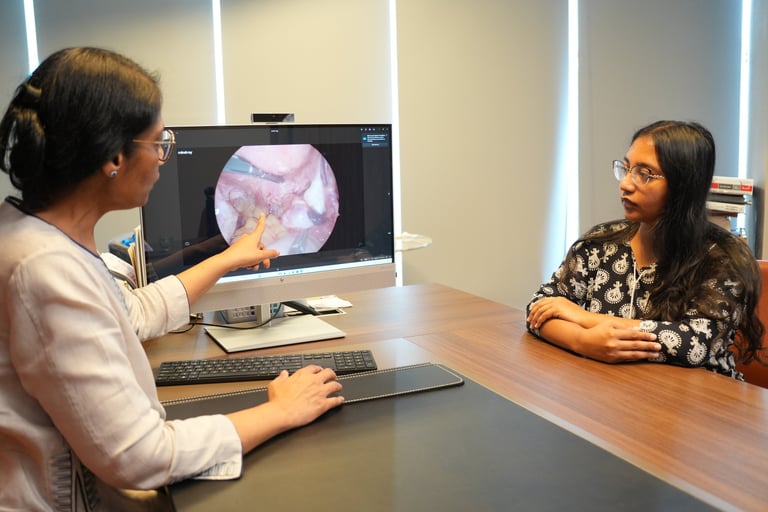





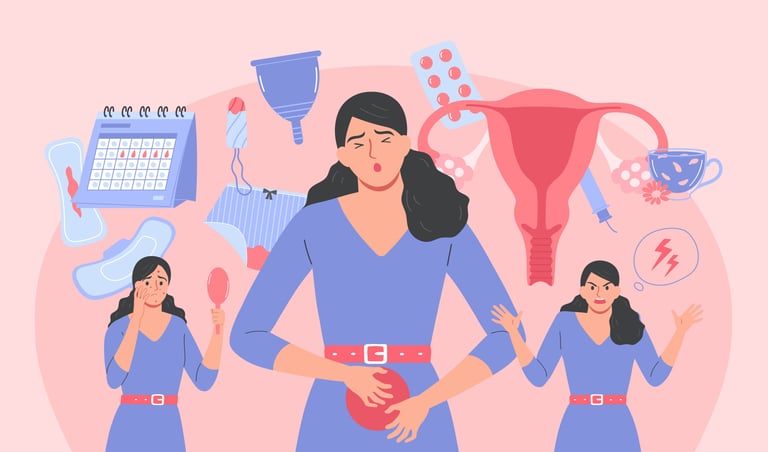

What Causes These PCOS Signs?
The symptoms of PCOS stem from hormonal imbalances. Two major hormones involved are:
Insulin: Resistance to insulin can increase blood sugar and lead to weight gain.
Androgens: Elevated androgen levels interfere with ovulation and cause visible signs like acne and hair growth.
These imbalances not only disrupt physical health but also affect emotional well-being.
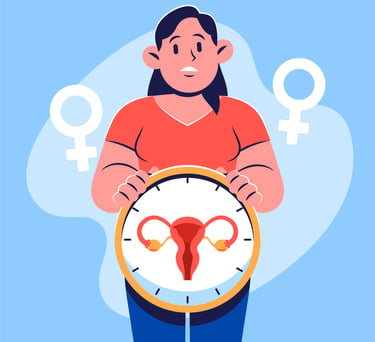

Contact Us
Clinic: +60355433285
Whatsapp: +60165833302
Email: smitaobgyn@gmail.com


Why Us?
About Us
Services
Endometriosis
Robotic Surgery
Articles
